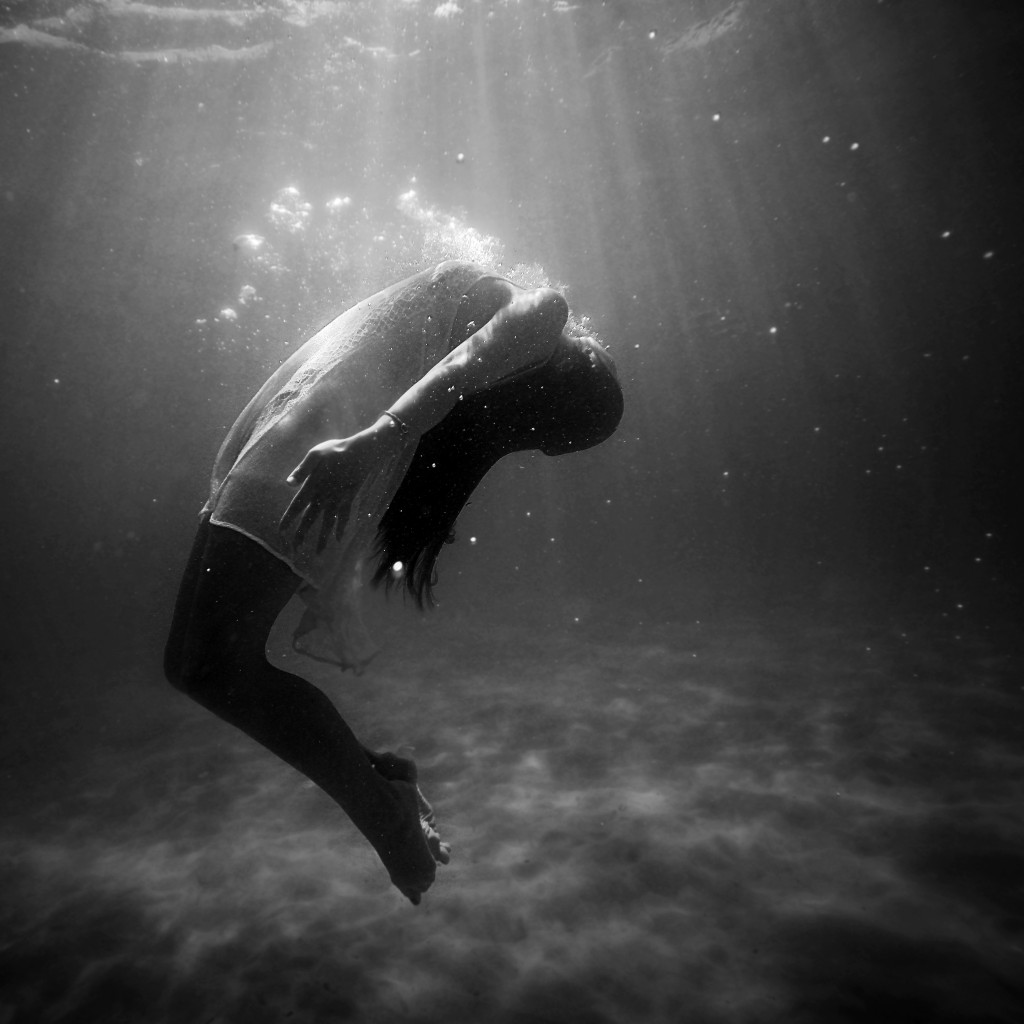
I often hear from clients as they are getting deeper into a work or closer to publication that they have suddenly developed a fear of hurting someone’s feelings or making someone mad at them.
With good reason.
I heard at Virginia Center for the Creative Arts once from a young writer that her mother had gotten so mad about something she’d written that she sued her own daughter.
Yow.
So—the thing is that libel is a sort of toothless thing. As I understand it, even if you are found guilty of libeling someone, the worst that can happen is that you have to pay damages—and they have to prove that what you said cost them money. AND they have to prove that what you said isn’t true. Sort of like you aren’t paranoid if people are really after you, if what you said was true, then it isn’t libel. And if it didn’t cost them money, then you owe nothing. That’s it.
But that doesn’t stop people from being worried. I worried that my mother would be upset that the main character’s mother in my novel The Algebra of Snow had died when the main character was young. My mother—obviously, if she was alive enough to get mad at me—wasn’t dead.
But she didn’t get mad at me—she didn’t make any comment on it. She might not have really noticed, underneath the details like she was alive and Amelia’s mother wasn’t, that the relationship was really our relationship—as close, intense, hilarious, tangled, mutually dependent as any relationship could be—far more intense than any other relationship in my life. From the time I could talk and with very few exceptions, for instance the year I lived in Switzerland, I spoke to my mom every day of my life until the last month of hers, when she was in a coma. We talked about clothes, and food, and boys, and books, and soap operas, and hair and, when I had them, children,. We laughed, we explored, we hurt each other’s feelings. We read PG Wodehouse out loud to each other and laughed so hard we fell off our chairs.
Just before I published my first short story in the Virginia Quarterly Review, a literary magazine that my parents and their distinguished, academic friends all read, I had a sudden terrible fear that she would be embarrassed that the story ended with an overt sexual image. I called her and said, “Ma, are you going to be upset when your friends read the plow image at the end of ‘Down By the River’?’
Without a second’s hesitation, my mom replied, “Good lord, no. That’s the way that story had to end.”
I think I must have taken that as blanket acceptance of anything I wrote, so I never asked again. She comes in for some pretty heavy criticism in Algebra, or she would have if she’d been an alive character. The way Amelia’s mother clung to her, smothered her, the way Amelia had had to fight free. But it is still her mother Amelia was looking for as she went down the rabbit hole of her own mind, her own life. As she says, at the end:
I call for them all, a catalog of the dead and missing. Donovan. Galen. Malcolm. Father. George. Mother. Mother. Mother,
Unappeased when both poles are destroyed, I hit the tree with bare hands. By the time I feel the pain I am calling my own name, with the confused and half laughing thought I am the other Amelia who, once an expert pilot, had dropped her plane into the sea.
I’ve written about other people a lot—my children get featured regularly. And I’ve written extensively about my ex-husband who could sue me for libel except that every word is true. I’ve had people say that I shouldn’t write about our custody battle—though what they are afraid of isn’t clear. Though I also feel that nameless dread, I know too that once someone has tried to take your kids away from you, there isn’t much more they can do to you.
Anne Lamott says, in answer to this very normal fear of writing about people you know, that you need to remember that this is your story. You get to tell it the way you experienced it. Besides, if they wanted you to portray them well, they should have behaved better.
Amen to that.
(Luckily for me, my children don’t seem inclined to tell their versions of what a riotously mistake-making mom I was/am.)
We have to be brave every minute of our lives. It takes courage to get up most mornings. If we are going to be fully alive, we need to tell our stories. And let other people tell theirs, if they want to. They’ll find out just what a lot of work it is and will stop before they are done—unless they are like us: born to do this. And then they will have such joy that a little terror is just a tiny part of the whole package.
And speaking of scary, there was a great interview this morning on NPR with a woman who wrote a new book about the Salem witch trials. She might have been referring to my eighth-great grandmother when she mentioned that one of the first people hung was a litigious old woman. The character of Rebecca Nurse in The Crucible was a direct ancestor of mine.
What happened to my old ancestor happens to us all. We lack compassion or someone lacks compassion for us. We lose an understanding of a person and with it a sense of their humanity, their lostness. And then we are also lost.
Amelia goes on a long journey to find the mother she lost—and finds the mother who never had her, who was a person independent of her, from whom she was independent. And there, in that space, she finds both her mother and her self.
The thing is, tell your story. Tell it and tell it until you have, deeply, found compassion and acceptance for yourself. Then go on until you can tell the other person’s story with compassion too. (This doesn’t extend to the completely erroneous idea of actually hanging around with people who caused you harm!) Then you have a book. It isn’t about you but about the deep experience of being human, as flawed and as gorgeous as anything can be.
“Have compassion for everyone you meet,” Lucinda Williams sings her father’s poem. “You do not know what wars are going on, down where the spirit meets the bone.”
This applies to you, too.

Excellent post, Ginger. Thank you!
You’ve hit on my biggest concern and challenge. I’m glad to have these thoughts in the soup as my story simmers in my brain.
Hi, Teri, So good to hear from you! This is probably the most common–and normal fear–we writers have. It is good to dance with it!
Good Morning,
As you know, this is exactly what I needed to read this morning. Writing about family. Not just one book–at least two. :–) Much to tell, or I should say, much to try to understand.
As always, thanks for the great post,
Great post, Ginger. And I couldn’t agree more with your statement about compassion. I wrote about my family’s dysfunction – although it wasn’t until rereading it after publication that I realized how dysfunctional my family was! Writing it was healing for me, and important for me to use my voice to point out the elephant in the room no one in the family was talking about. After reading it, most family members chose to still stay caught up in the system, which is their choice, however, it has helped others who have read it. It was satisfying to have my story have meaning for others. And back to the compassion: we aren’t serving with our story if it comes from a place of ‘poor me’ or wanting to get even. But sharing our pain, where we tripped and fell, and the learning and meaning we took from our experience can be of service to ourself and to others.
Such a courageous post, Ginger. You are an inspiration to me. I will re-read this post whenever fear rears its ugly head! Beautiful.
… [Trackback]
[…] Read More here: gingermoran.com/2015/10/the-scary-business-of-writing-about-friends-family/ […]
Beautiful and oh so encouraging. Thank you, Ginger!